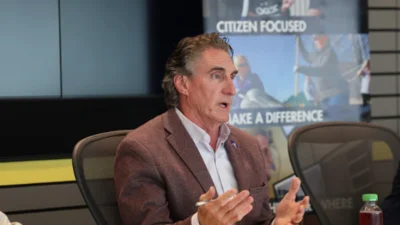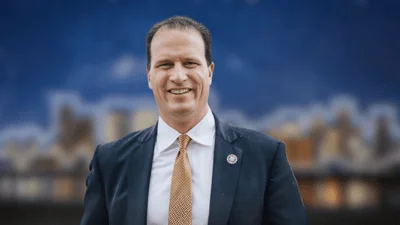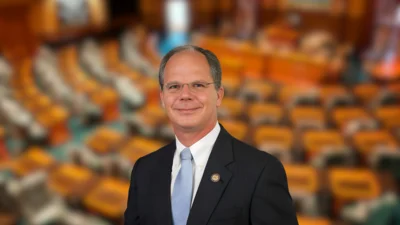Congratulations to both Representative Rodgers as the new lead Republican, and to Representative Schakowsky as the new Chair for the Consumer Protection and Commerce Subcommittee.
We have a lot of important issues to work on in this subcommittee, and I am hopeful we can continue the bipartisan achievements out of this subcommittee. From Chair Schakowsky and Rep. Latta’s SELF DRIVE Act, to legislation focused on the Internet of Things, and oversight of the FTC, C.P.S.C. and NHTSA, I hope we can continue working together for the benefit of the American consumer.
I would like to thank Chairs Pallone and Schakowsky for picking up the privacy and security issues as the topic of the first hearing for the subcommittee. From the Disrupter Series of hearings, to the first congressional hearings with major tech company CEOs, this Committee has been on the forefront of getting answers for our constituents.
The debate over privacy is not new. From the first Kodak camera to caller-ID, major privacy debates ensued when they were introduced. But there are new challenges when it comes to privacy. Privacy means different things to different people, which makes this debate even more challenging in the age of Instagram and YouTube stars comfortably sharing their most private moments in real time.
I believe it is important that we work together toward a bipartisan federal privacy bill that:
improves transparency, accountability, and security for consumers;
protects innovation and small businesses; and,
sets one national standard.
The first issue, that some like to frame as incredibly divisive, falls under the most basic principle underpinning our jurisdiction: interstate commerce. A federal privacy bill needs to be just that: one that sets the national standard for commercial collection, use, and sharing of personal data in the best interest of consumers.
The Supreme Court has recently reaffirmed the basic principles of the Commerce Clause: state laws cannot discriminate against interstate commerce, they cannot impose undue burdens on interstate commerce, and should take into consideration the small businesses, startups, and others who engage in commerce across state lines.
There are many policy areas where it makes sense for states to innovate, however, the internet does not stop at state lines and neither should innovative privacy and security solutions. Your privacy and security should not change depending on where you are in the United States. One state should not set the standards for the rest of the country. We can improve the security and privacy of consumers’s data without adding to the confusion or harming small businesses and entrepreneurs - so Congress should thoughtfully consider what various states are proposing so we deliver that certainty with a national standard.
We can learn from California, Washington, and a growing number of other states who have drafted their own legislation - reinforcing why we should begin with an agreement that a federal privacy bill sets one national standard.
A truly American approach to privacy and security can give consumers better control by supporting innovative solutions without massively expanding the regulatory state. We should avoid creating a system that floods people’s inboxes with privacy policies they do not read or click-through notices that make even simple tasks frustrating. We can, and should, learn from previous efforts here at home and abroad.
Transparency and accountability are critical to move forward and measurably improve consumers ability to choose between services they want to use. People need to receive a clearer understanding of exactly how their data are used by the digital services with whom they interact.
The FTC has announced their investigations into both Equifax and Facebook. The outcome of their work will help Congress evaluate the effectiveness of laws currently on the books, and the enforcement tools utilized to hold companies accountable. We can write bill after bill, and the FTC could publish rule after rule, but if we do not have effective enforcement, they are just words on paper.
I believe we have a unique opportunity to address some of the most complex privacy and security questions of our day.
I look forward to working with my colleagues across the aisle on setting the framework for this debate and moving forward towards a bipartisan national solution.
Thank you and I yield back.




